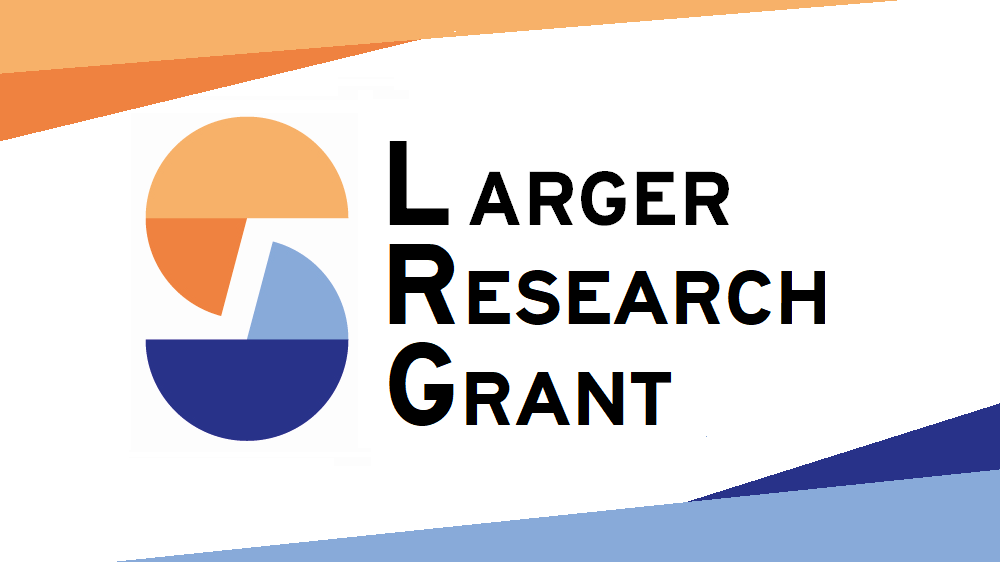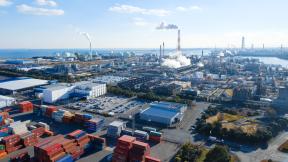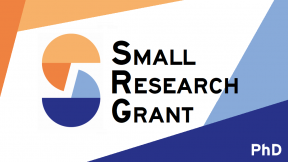Economic development is accompanied by a steady decline in agricultural employment. Understanding the drivers of structural change out of agriculture along the development path is critical to understanding income differences across the world. A large body of research on structural change has analysed structural change at the aggregate level, especially in developed economies. Rarely has it distinguished how different population groups have experienced it differentially or have, through their characteristics, contributed to structural change. Motivated by previous research, including from an earlier STEG project, suggesting that structural change is not homogenous across demographic groups, this project delves deeper and studies structural change out of agriculture at a more granular level. The objective is to understand individual and household choices of time allocation and the allocation of labour supply to sectors, and their implications for the aggregate economy and structural change.
This project leverages the wealth of survey datasets collected by National Statistical Offices (NSO) and international organisations over the past 30 years to document how the nature of work evolves across country income levels. The research team build two unique and novel large scale micro-datasets. One on market work around the world, the Harmonised World Labour Force Survey (HWLFS), and one on time use, the Harmonised World Time Use Survey (HWTUS). The first part of the project uses the HWTUS to study hours worked in the market at home by marital status and gender across 40 countries. They then develop a model of time use for households which they calibrate to 30 countries and run decompositions. The second part revisits the role of human capital and skill-biased technology in explaining the cross-country variation in GDP per worker. The researchers introduce a general equilibrium accounting model in which aggregate output arises from the equilibrium assignment of workers of different skill groups (education, age, and gender) across different occupational tasks. They then calibrate the model using the HWLFS dataset.
The results of this project are directly relevant to policy. For example, results on the labour market for managers will indicate what types of actions are more important for facilitating firm growth: improvements in the contractual or legal environment (if frictions are important), or creation of managerial skills? Additionally, the two datasets can be used to measure and study policy objectives set by international organisations, including eight of the Millennium Development Goals (MDGs). Importantly, the HWTUS can be used to further disaggregate measurement and provide a distributional perspective on these goals for subgroups of the wide range of countries’ populations. The research community also will benefit from this work in two ways. First, the datasets will be available for direct use, and will thereby facilitate research projects by other researchers. Second, the findings on benchmark patterns of structural change, determinants of work, and the labour market for managers will advance the frontier of knowledge in the literature on structural change and thus encourage and shape new research.



































































